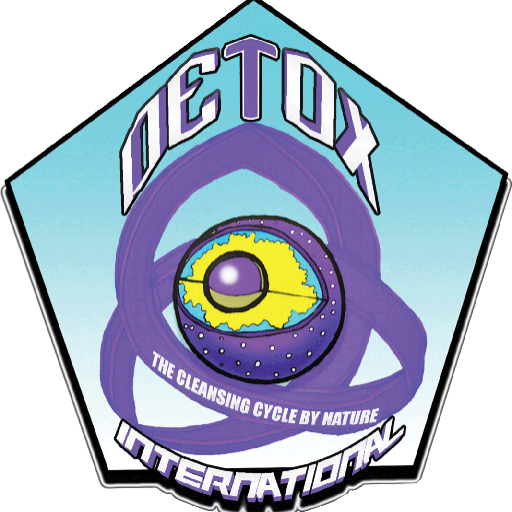50 +/- ppm
Molybdenum is a little-known, though essential, trace mineral. It is instrumental in regulating pH balance in the body. For each pH point increase (e.g., 6.1-6.2), the oxygen level is increased ten times, thus increasing the metabolism and enhancing the body’s ability to burn fat.
Although very small amounts are needed, molybdenum is a vital part of three important enzyme systems and is necessary for the proper function of certain enzyme-dependent processes, including the metabolism of iron. When the iron stored in the liver is freed, it can then carry oxygen to body cells and tissue. Molybdenum works with the enzyme systems to help eliminate toxic nitrogen waste by turning it into uric acid. The uric acid then can be converted and more easily flushed out of the system.
Molybdenum promotes general well being, aids in carbohydrate metabolism, has proven itself useful in MSG (or other chemical) sensitivity, increases libido, and may enhance the effect of fluorine in tooth decay prevention (dental enamel is rich in molybdenum). It also induces sleep.
Because of molybdenum’s ability to raise the body’s pH, it may be beneficial in the treatment of cancer, viruses, and parasites.
We recommend a beginning dosage of ½ teaspoon molybdenum twice daily in 8 ounces of water.
There is no recommended dietary allowance (RDA) established for molybdenum, and it is considered safe up to 15 mg. per day.
It has been found to interfere with the absorption of copper.
Some symptoms of a molybdenum deficiency:
- Acne E. coli
- AIDS Eczema
- Allergies Epstein Barr virus
- Anemia Gout
- Anthrax Gulf War Syndrome
- Asthma Hepatitis C
- Athlete’s foot Herpes simplex
- Bell’s Palsy Impotency
- Bladder infection Insomnia
- Cancer Liver damage – Cirrhosis
- Candidiasis Lupus
- Canker sores Lyme Disease
- Cavities Multiple Sclerosis
- Contrail/Chemtrail exposure Obesity
- Colds/Flu Parasites
- Depression Prostate infection
- Diabetes Ringworm
Natural sources: spinach and other leafy, dark green vegetables, cauliflower, whole grains such as oats, buckwheat, and wheat germ, potatoes, legumes (beans and peas), Brewer’s yeast and liver and organ meats.







There are no reviews yet.